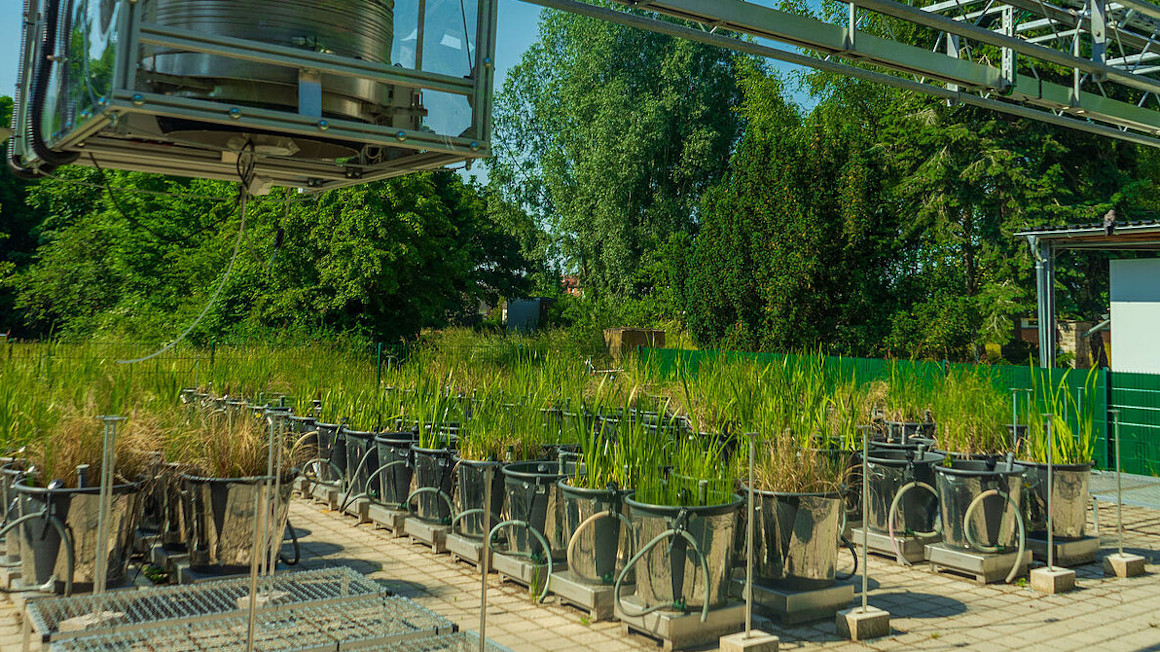Millions in funding for peatland research
The Wetscapes 2.0 project is receiving 10 million euros from the German Research Foundation to research complex processes in the rewetting of fenland landscapes.

Land, moor and sea are the three areas of expertise that Mecklenburg-Vorpommern (MV) can rely on for bio-based structural change. The focus is on the high-quality refinement of plant-based raw materials such as arable crops, reeds and algae. By 2030, these renewable raw materials are to be turned into products that will help the region to achieve an economic upturn and make it a model region for the bioeconomy. Peatlands play an important role in structural change. They currently make up around 13% of the total area of the federal state. The renaturation of once drained moors can not only revitalise lost CO2 reservoirs and biodiversity, but also open up areas for the cultivation of renewable raw materials.
Analysing complex processes in the rewetting of fens
In the Wetscapes 2.0 project ‘Novel ecosystems in rewetted fenland landscapes’, researchers from the Universities of Greifswald and Rostock, together with partners, now want to dedicate themselves to the comprehensive analysis of processes that take place during the rewetting of fenland landscapes. The German Research Foundation (DFG) is now providing funding of 10 million euros over four years for peatland research as part of the Transregio Collaborative Research Centre.
According to the researchers, the rewetting of moors does not restore original moors. Rather, completely new ecosystems are created, the functioning of which is still only partially understood. The aim of the Wetscapes 2.0 project is therefore to better understand the functioning and complex ecological, biogeochemical and hydrological processes in rewetted fens. In the long term, concrete contributions to the management of these areas and sustainable utilisation through paludiculture are also to be developed.
MV as a global pioneer for peatland research
‘The importance of the peatland research project of the two universities of Greifswald and Rostock cannot be overestimated,’ says Bettina Martin, Minister of Science of the state of Mecklenburg-Vorpommern. ‘With the successfully acquired Collaborative Research Centre, Mecklenburg-Vorpommern will establish itself as a global pioneer in peatland research.’
In addition to the Universities of Greifswald and Rostock, the Leibniz Institute of Freshwater Ecology and Inland Fisheries, the Helmholtz Centre Potsdam German Research Centre for Geosciences, the Ludwig Maximilian University of Munich (LMU), the Max Planck Institute for Biogeochemistry in Jena and the Humboldt University of Berlin are also involved in the project.
The work of the interdisciplinary joint project Wetscapes on the peatland ecosystem was supported in advance by the state of Mecklenburg-Vorpommern with 5 million euros as part of the state research programme.
bb


